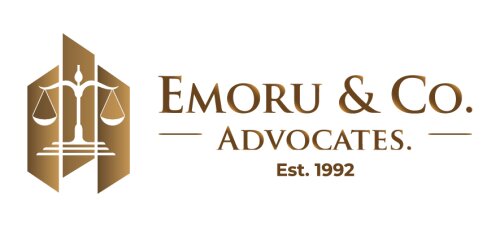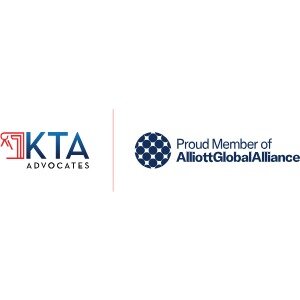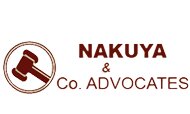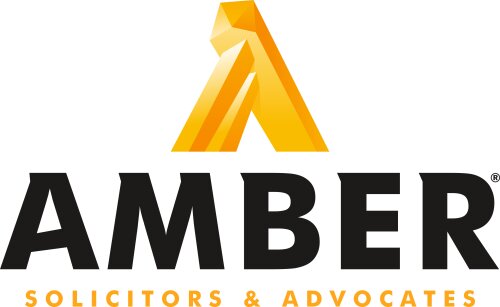Best Patent Lawyers in Kampala
Share your needs with us, get contacted by law firms.
Free. Takes 2 min.
List of the best lawyers in Kampala, Uganda
About Patent Law in Kampala, Uganda
Patent law in Kampala, as in the rest of Uganda, is governed by the Industrial Property Act of 2014, which protects inventors and their innovations. The Act is implemented by the Uganda Registration Services Bureau (URSB) which processes patent applications and grants. Patents may be applied to new inventions, including an innovative step that is not obvious to professionals in the field. The law safeguards inventors, allowing them to prohibit others from replicating, selling, or importing their creation for a given period, typically 20 years.
Why You May Need a Lawyer
Engaging a lawyer is crucial in the patent registration process due to the complex nature of patent law. A lawyer can conduct a thorough patent search to determine if a similar patent exists which could invalidate your claim. In addition, a lawyer helps in drafting a patent application with precise technical language to describe your invention, ensuring it captures all aspects of your innovation. Legal help is also crucial in case of patent disputes, infringements, or if you need to negotiate licensing rights.
Local Laws Overview
The key aspects of local laws relevant to patents in Kampala include the eligibility of a patent, duration of protection, and enforcement. For an invention to be patentable, it must be new, involve an inventive step, and be industrially applicable. Under the Industrial Property Act, patent rights are protected for 20 years from the filing date of the application. If the rights are infringed, the patent owner can take legal action in the Commercial Court to seek remedies including an injunction, damages, or an account of profits.
Frequently Asked Questions
1. How long does it take to get a patent in Uganda?
The process of obtaining a patent in Uganda can take two to three years, depending on the nature of the invention and the complexity of the examination process.
2. Can a foreigner apply for a patent in Uganda?
Yes, both residents and non-residents can apply for patent protection in Uganda. Non-residents, however, are required to have an address for service within Uganda or be represented by an agent resident in Uganda.
3. What is the duration of a patent in Uganda?
Once a patent is granted in Uganda, it is valid for a period of 20 years from the date of filing of the patent application, provided an annual fee is paid.
4. Is my Uganda patent enforceable in other countries?
No, a patent obtained in Uganda is only enforceable within its territory. To protect your invention in other countries, you would need to apply for patents in those specific countries or through international treaties such as the Patent Cooperation Treaty (PCT).
5. What happens if my patent rights are infringed?
If your patent rights are infringed, you may seek legal remedies through the Commercial Court in Uganda. You have the right to seek an injunction to prevent further infringement, and/or to claim damages or an account of profits derived from the infringement.
Additional Resources
The key organization that deals with patents in Uganda is the Uganda Registration Services Bureau (URSB). They can provide information about patent registration, guidelines, fees, and assistance in application processes. It's also recommended to consult with a qualified patent attorney or legal firm specializing in Intellectual Property rights for assistance.
Next Steps
If you believe you have an invention that warrants a patent, your first step should be to consult with a patent attorney or a legal firm specializing in Intellectual Property rights. They can guide you in conducting a patent search, drafting your application, and filing it with URSB. Furthermore, they can provide legal advice and representation in case of disputes or infringements.
Lawzana helps you find the best lawyers and law firms in Kampala through a curated and pre-screened list of qualified legal professionals. Our platform offers rankings and detailed profiles of attorneys and law firms, allowing you to compare based on practice areas, including Patent, experience, and client feedback.
Each profile includes a description of the firm's areas of practice, client reviews, team members and partners, year of establishment, spoken languages, office locations, contact information, social media presence, and any published articles or resources. Most firms on our platform speak English and are experienced in both local and international legal matters.
Get a quote from top-rated law firms in Kampala, Uganda — quickly, securely, and without unnecessary hassle.
Disclaimer:
The information provided on this page is for general informational purposes only and does not constitute legal advice. While we strive to ensure the accuracy and relevance of the content, legal information may change over time, and interpretations of the law can vary. You should always consult with a qualified legal professional for advice specific to your situation.
We disclaim all liability for actions taken or not taken based on the content of this page. If you believe any information is incorrect or outdated, please contact us, and we will review and update it where appropriate.
















